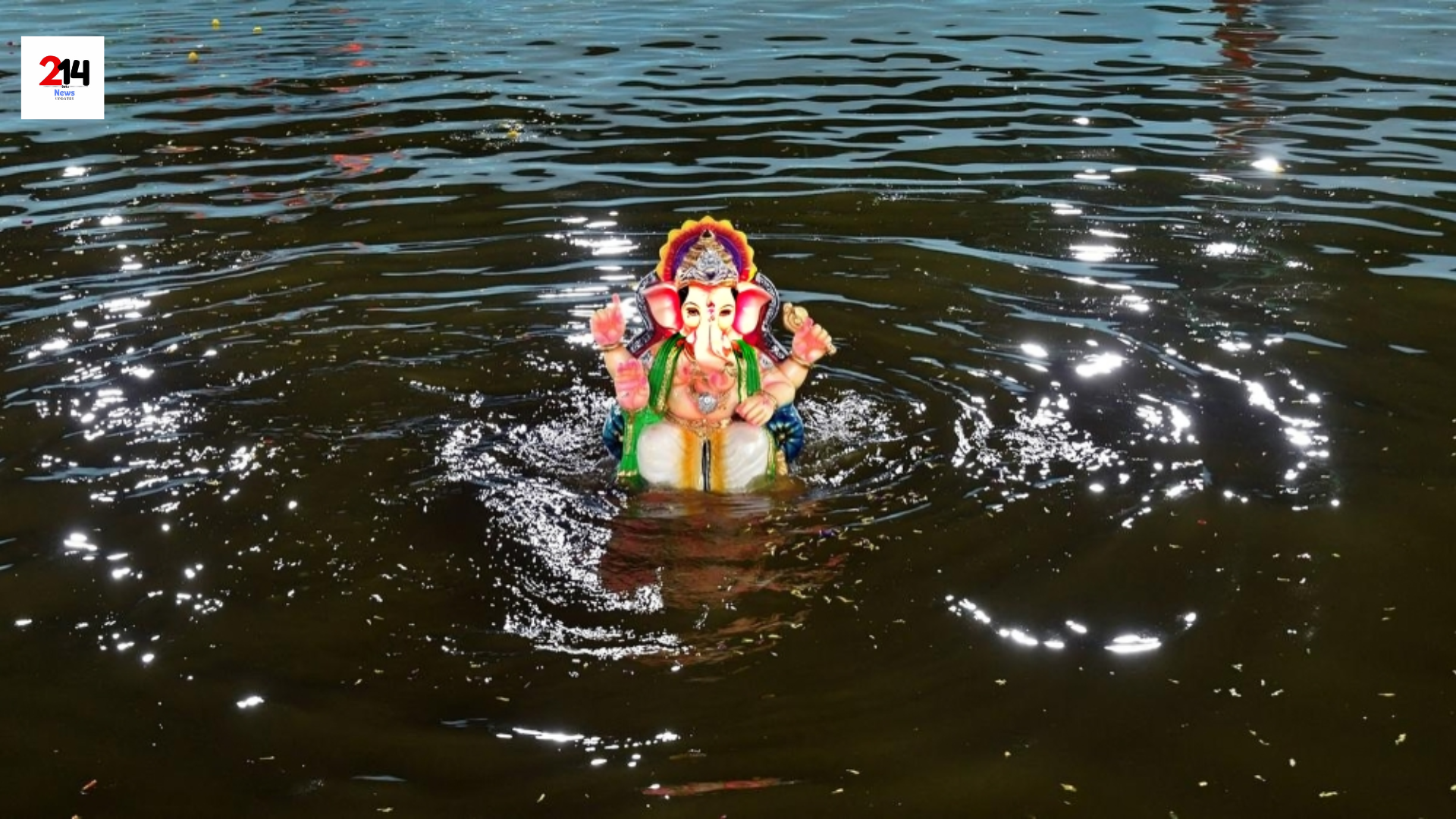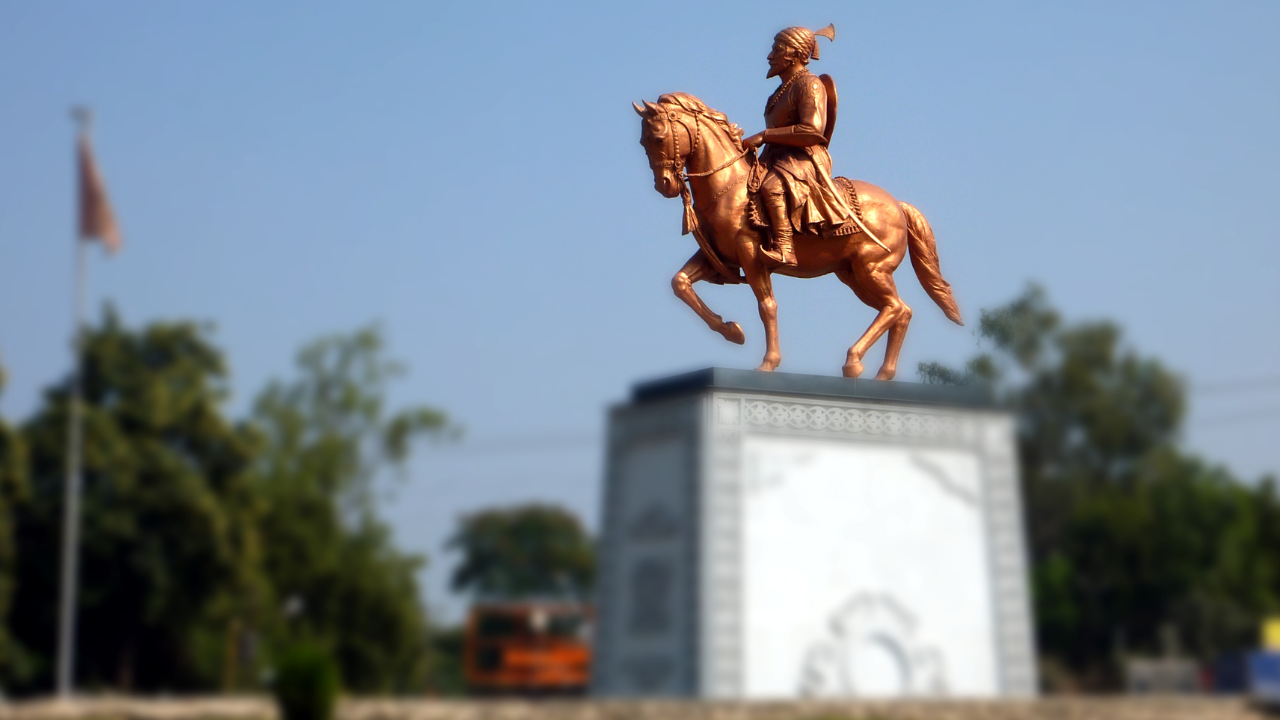
Chhatrapati Shivaji Maharaj stands as a monumental figure in Indian history, celebrated for his valor, strategic acumen, and unwavering dedication to his people and kingdom. Born in 1630, Shivaji was a Maratha warrior who founded the Maratha Empire, significantly challenging the Mughal Empire’s dominance in India. This blog delves into his early life, military conquests, administrative genius, and lasting legacy.
Early Life and Vision
Shivaji Maharaj’s journey began in the hills of Shivneri, where he was born in 1630. From a young age, Shivaji exhibited leadership qualities and an astute understanding of military strategy. His upbringing under the guidance of his mother, Jijabai, and mentor, Dadoji Konddeo, instilled in him a deep sense of justice, patriotism, and the importance of protecting his land and people. These early influences shaped his vision of Swarajya, or self-rule, which became the cornerstone of his mission.
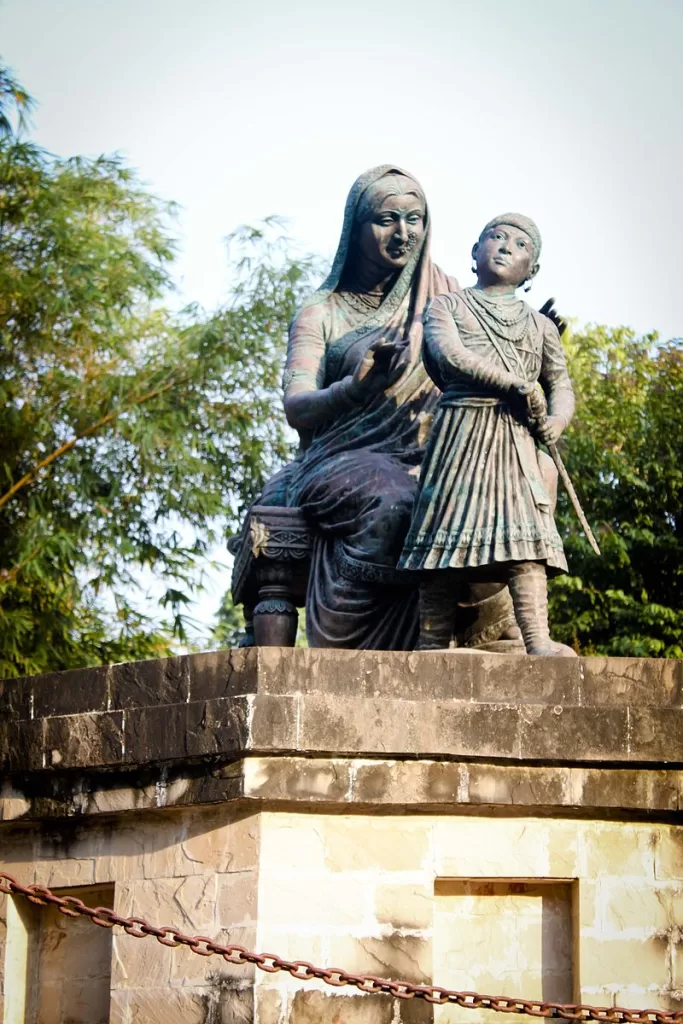
Establishment of the Maratha Empire
Shivaji’s military campaigns are renowned for their innovative tactics, particularly his use of guerrilla warfare. He captured strategic forts and regions, such as Torna, Chakan, and Kondana, which laid the foundation for his kingdom. His coronation in 1674 marked the official establishment of the Maratha Empire. Through strategic fort acquisitions and deft military maneuvers, Shivaji created a robust and resilient kingdom that stood firm against the might of the Mughal Empire.
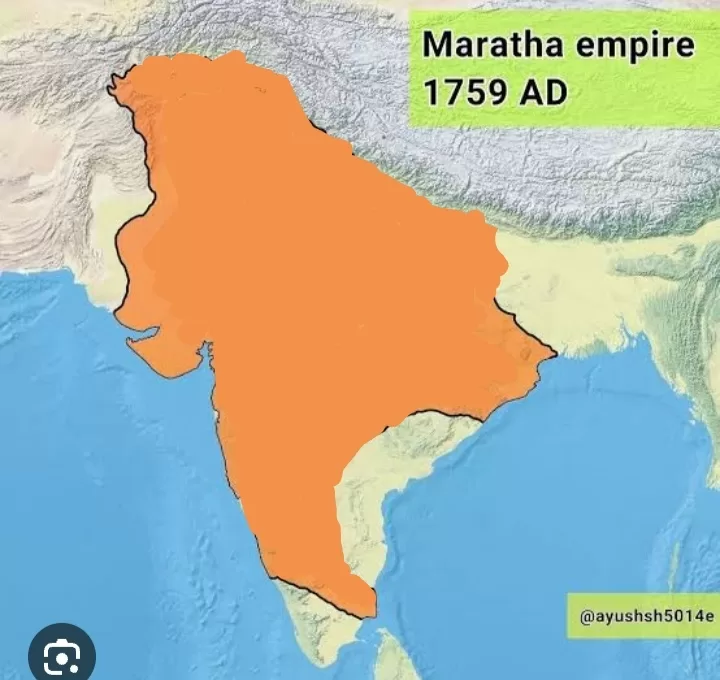
Administrative Reforms
Shivaji was not just a formidable warrior but also an astute administrator. He introduced various reforms to strengthen his kingdom, including a well-structured administrative system, efficient revenue collection, and the promotion of trade and agriculture. His governance model ensured justice, security, and prosperity for his subjects. By decentralizing power and creating a network of capable officers, Shivaji ensured that his empire was well-managed and responsive to the needs of its people.
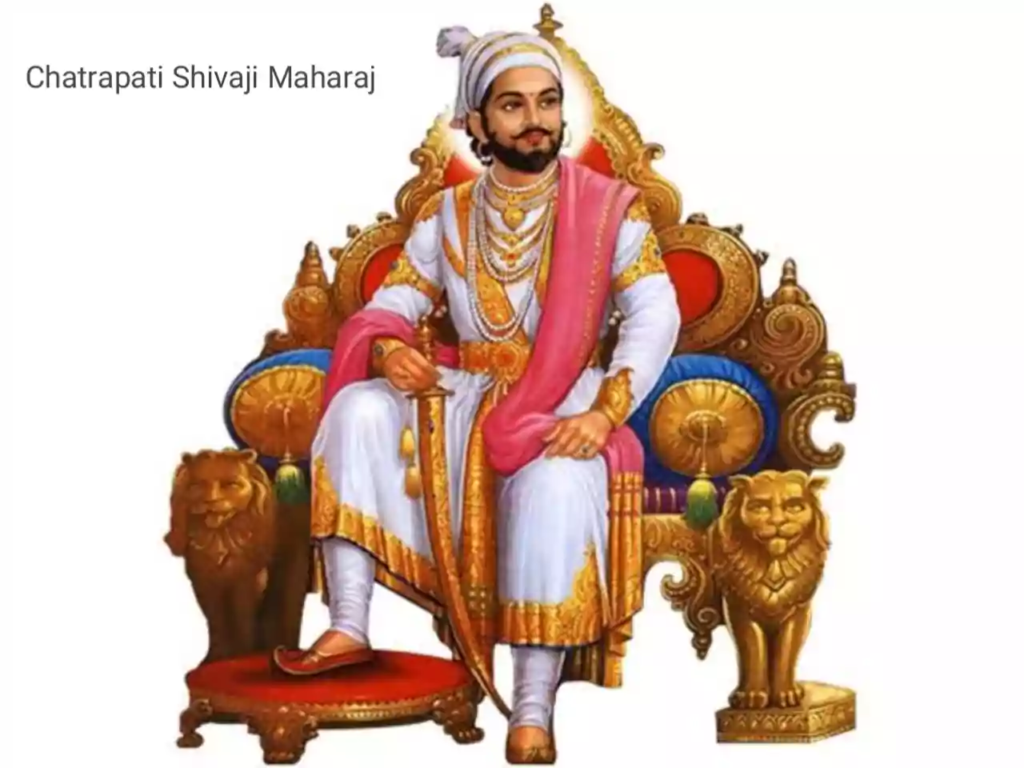
Religious Tolerance and Social Reforms
Shivaji was known for his religious tolerance and respect for all communities. He protected places of worship, supported diverse religious practices, and treated women with great respect, promoting their safety and dignity. In a time of widespread religious strife, Shivaji’s policies fostered an environment of mutual respect and coexistence, making his kingdom a haven for people of all faiths.
Key Battles and Military Prowess
Shivaji’s military brilliance was evident in numerous battles. His encounters with the Mughals, particularly against Aurangzeb, showcased his tactical genius. Notable victories include the Battle of Pratapgad and the escape from Agra, which demonstrated his courage and strategic foresight. His ability to outmaneuver larger and better-equipped armies through speed, surprise, and intimate knowledge of the terrain made him a formidable opponent.
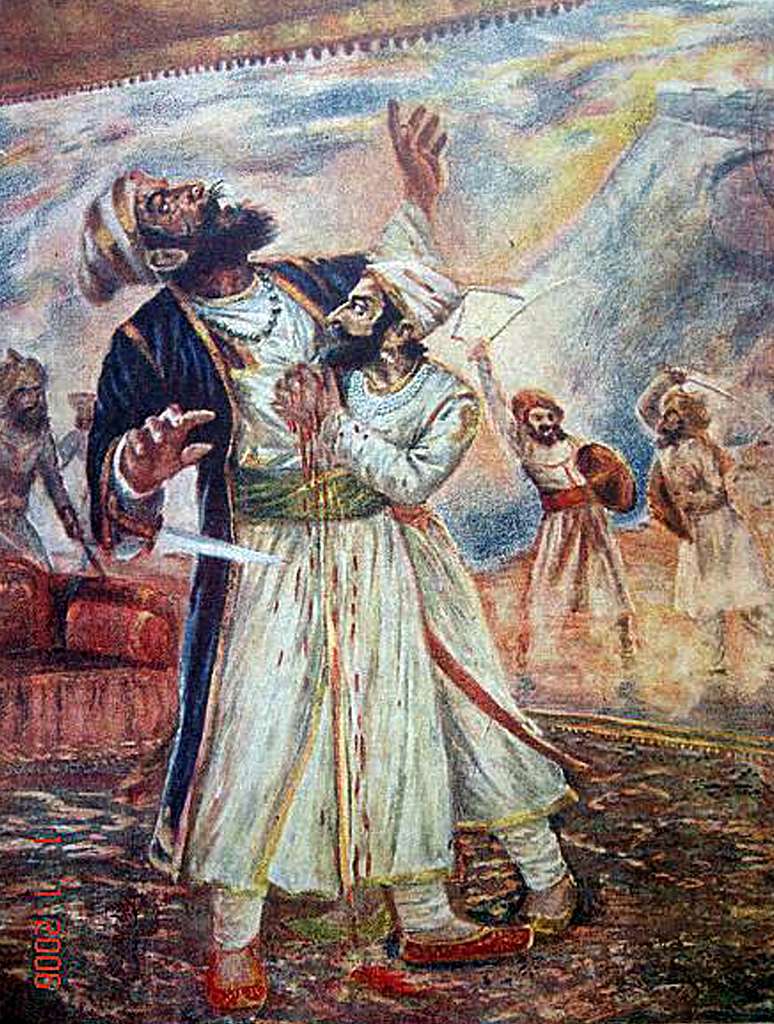
Legacy and Importance
Shivaji Maharaj’s legacy is profound, symbolizing resistance against oppression and the fight for sovereignty. His vision of Swarajya inspired future generations and freedom fighters. His contributions to the cultural, military, and administrative spheres left an indelible mark on Indian history. Shivaji’s life and achievements continue to inspire, reflecting ideals of courage, justice, and unwavering commitment to one’s land and people.
Conclusion
Chhatrapati Shivaji Maharaj’s greatness lies in his ability to inspire unity and resilience among his people. His life and achievements continue to be a source of inspiration, reflecting the ideals of courage, justice, and unwavering commitment to one’s land and people. Shivaji’s story is not just one of conquest but also of the enduring spirit of self-determination and the quest for justice.
